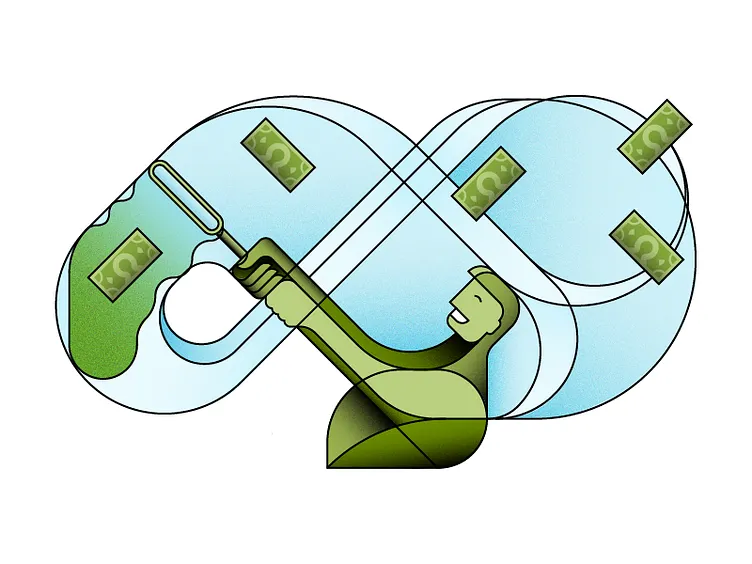The Key Role of Credit Scorecards In Small Business Lending
Unlocking lending precision with credit scorecards. Explore how these tools streamline evaluation, minimize biases, and enhance risk management for lenders, fostering fair and data-driven lending decisions. Learn how with SYH Strategies

Credit scorecards serve as pivotal tools in modern lending, refining the assessment of borrower creditworthiness with enhanced objectivity and precision. Here's a detailed exploration of their five primary benefits:
- Standardized Evaluation: Credit scorecards establish a uniform framework for evaluating borrower creditworthiness, mitigating the influence of subjective biases prevalent in traditional lending assessments. By integrating a comprehensive array of quantifiable metrics, including payment history, credit utilization, and credit history length, these scorecards ensure consistency in risk assessment across diverse applicant profiles. This standardization fosters fairness and transparency in lending decisions, setting a solid foundation for equitable lending practices.
- Quantifiable Metrics: Grounded in quantifiable data, credit scorecards minimize the reliance on subjective judgments, thus fortifying the objectivity of lending evaluations. Through the analysis of tangible factors such as credit scores, debt-to-income ratios, and past financial behaviors, lenders gain insights into borrowers' credit risk profiles. This data-driven approach enables lenders to make decisions based on empirical evidence, reducing the potential for human error and personal biases.
- Predictive Modeling: Leveraging sophisticated predictive modeling techniques, credit scorecards empower lenders to anticipate borrower behavior with remarkable accuracy. By scrutinizing historical credit patterns and employing statistical algorithms, these scorecards forecast the likelihood of timely repayment or default. This predictive prowess equips lenders with invaluable foresight, enabling proactive risk management strategies and informed lending decisions.
- Efficiency: Credit scorecards streamline the lending process, enhancing operational efficiency while maintaining rigorous credit assessment standards. By automating the evaluation of borrower creditworthiness, these tools expedite decision-making and enable lenders to handle large volumes of loan applications with ease. This efficiency not only accelerates the lending process but also ensures consistent and timely responses to borrower inquiries, fostering a positive borrower experience.
- Risk Management: At the heart of credit scorecards lies their role in proactive risk management. By systematically identifying and evaluating borrower credit risk profiles, these scorecards enable lenders to tailor lending terms and mitigate potential default risks. This proactive risk mitigation approach safeguards the integrity of lenders' loan portfolios and bolsters financial stability in the face of evolving market dynamics.
Credit scorecards play a fundamental role in advancing lending precision by fostering standardized evaluation, leveraging quantifiable metrics, enabling predictive modeling, enhancing operational efficiency, and facilitating proactive risk management. Embracing these tools positions lenders to navigate the complexities of modern lending landscapes with confidence and foresight, ultimately driving more informed and equitable lending decisions.
Schedule time with one of our experts.
What Our Clients Say
"We saw a significant operational and financial impact working with Syh Strategies. They helped us leverage our existing data providers more effectively while introducing new vendors to increase our effectiveness. As a result, our underwriters are more confident in their work, our brokers are getting faster and more competitive offers, and our total cost of underwriting applicants has dropped significantly."
"Our goal entering 2024 was to double originations. Partnering with Syh Strategies allowed us to transform our operations and credit decisioning processes, get more competitive, and reduce our risk exposure. We’ve scaled our operations and have grown the book from 9 to 15 million per month, I’m confident we’ll achieve our goals.”
“Working with Syh Strategies allowed us to find gold in our portfolio. The learnings from our collaboration impacted our credit, sales, and operations teams.
We know meet with the Syh Strategies team on a quarterly basis for an objective view of our portfolio.”




